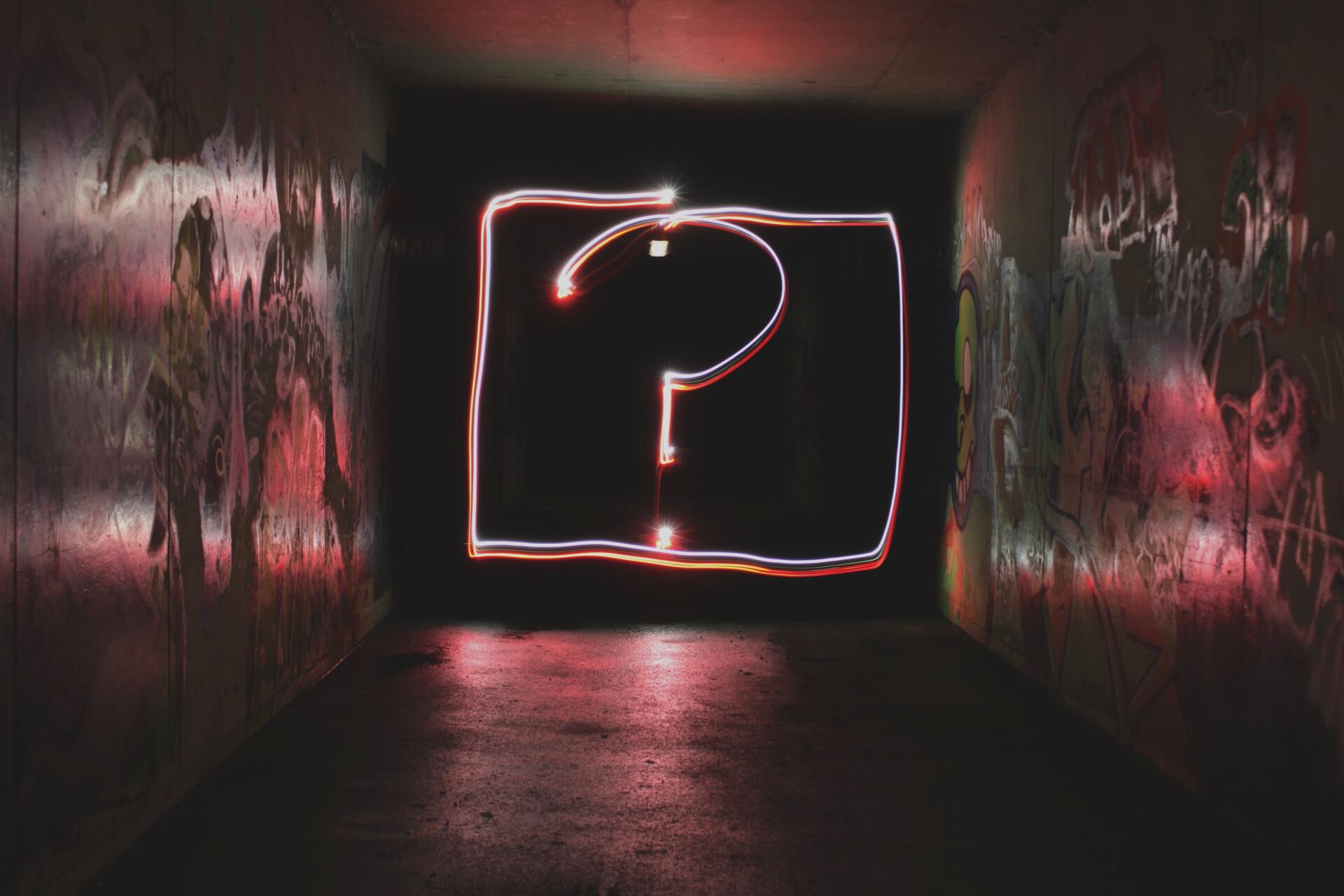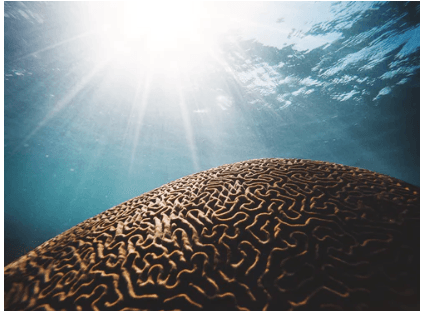5 Things to Know About What It Means to Have OCD (Part 1)
Obsessive Compulsive Disorder (OCD) is hard to understand. Treating OCD and getting a break from the constant anxiety starts with understanding what it means to have OCD and busting myths. Here are 5 things you need to know about OCD.
What It Means to Have OCD
Obsessive Compulsive Disorder (OCD) is really hard to understand. When we see it on tv or in movies, it’s usually part of some joke. Unfortunately, most people don’t understand what it’s like to be stuck in a scary thought and not be able to get out of it for hours or days.
If you have OCD, you’ve probably searched every corner of the internet for information. You’ve been on all of the reputable sites and in every forum and chat room you could find.
By the time people come to see me, they’ve usually done at least 50 hours of research but still don’t understand what OCD is.
In order to understand OCD, you have to start with a solid foundation. You have to really get what you’re dealing with.
Once you get it, you’ll be able to understand why the treatment is so specific and why you have to work with an expert.
You’ll also realize that it’s not you. You’re not broken or crazy.
There’s this dictator that lives in your brain. Right now, the dictator may be kicking your butt.
With the right information and treatment, you can mute the dictator part of your brain and have a great life.

5 key things you need to know about what it means to have OCD
If you have OCD or know someone who does, it’s important to understand a few key pieces of information. Here are 5 things you need to know:
- The meaning of OCD: A psychological disorder in which the brain gets stuck on one thought or a group of thoughts.
These thoughts cause tremendous anxiety because the brain thinks they’re real (i.e., obsessions).
There are behaviors that make the anxiety go away.
The relief you get from these behaviors is so strong that you’ll keep doing them to make the anxiety go away the next time it comes up (i.e., compulsions).
- Having OCD means your brain is wired differently.
The part of your brain in charge of keeping you safe is called the Amygdala.
This part turns on your “fight or flight” response when you’re in danger and shuts down when the danger is done. When you have OCD, your Amygdala is constantly firing.
Your brain thinks you’re in danger 24/7. As a result, things that aren’t dangerous look like a crisis to you.
- Having OCD doesn’t mean you’re crazy. However, having OCD can feel crazy-making.
The disorder was once called “a disorder of two brains.”
There’s a part of your brain that knows these thoughts aren’t true.
But the OCD is so convincing, that there’s another part of you that thinks the thoughts are real.
They feel so incredibly real. If they didn’t, you wouldn’t have OCD.
- The term OCD is misused all the time because people don’t really understand what it is.
No one has, “just a little OCD.”
You can’t “be OCD” about a topic or habit.
On the one hand, having OCD doesn’t mean someone is a complete control freak.
On the other hand, if someone is very particular about what they want or like, that doesn’t mean they’re obsessive-compulsive.
- If you have OCD, you can’t “just stop thinking about it.”
The part of the brain in charge of letting a thought roll off your back is wired differently in people with OCD.
As a result, the thought gets stuck.
Managing OCD isn’t about stopping the thoughts from happening.
It’s about learning to accept that they’re there and not do any behaviors to get relief.
Next Steps
Having OCD means that you have scary thoughts that come out of nowhere and won’t go away.
These thoughts cause constant anxiety.
Sometimes, the anxiety is so bad, you feel like you’re losing your mind. In order to get some relief, you do behaviors that make the anxiety go away.
OCD is a chronic condition. It won’t ever go away but it can be managed.
The goal is to increase the amount of time in between symptom flares and decrease how bad they are when they do happen.
Once you get treatment, you could go months or even years without a flare.
I’ve worked with doctors, lawyers, journalists, authors, artists, executives, and entrepreneurs with OCD.
I’ve worked with teens who have gone to great colleges as well as adults who are married and have kids.
It’s very possible to have a full and successful life if you have OCD. The key is to get good treatment from an expert.
To learn more about OCD, check out the other chapters in this series:
Chapter 2: Learn about 2 OCD symptoms that aren’t talked about because they cause shame.
Chapter 3: Why having someone else’s OCD wouldn’t be easier.
Contact us when you’re ready to work toward mastering your OCD. We give you the tools you need to thrive.
Please contact us to set up an appointment.
We can help give you information, a map for next steps, and hope that you can have the life you want.
Wishing you the best,
Dr. Levy
Director
Dr. Ronit Levy is a clinical psychologist and director of Bucks County Anxiety Center in Newtown, PA. She specializes in treating teens and adults struggling with anxiety due to Anxiety Disorders, OCD, chronic illness, and life events. Dr. Levy trains and supervises other therapists and presents on mental health in the community.
Anxiety & OCD Blog Latest Posts
About Us
The therapists who practice at Bucks County Anxiety Center work with teens (ages 14 and up) and adults struggling with anxiety and OCD.
All Rights Reserved | Bucks County Anxiety Center





